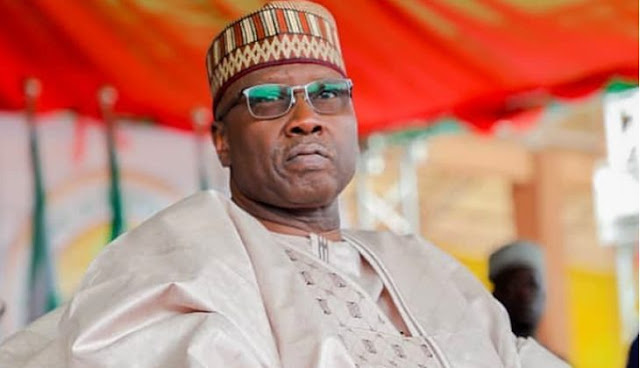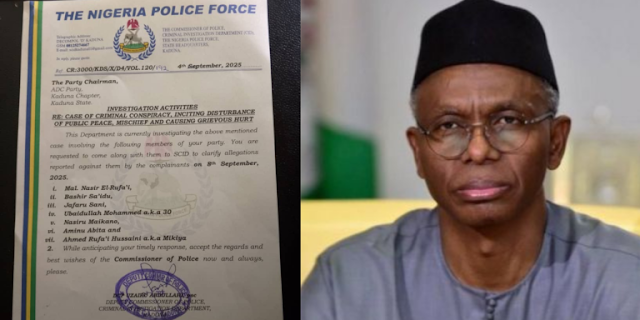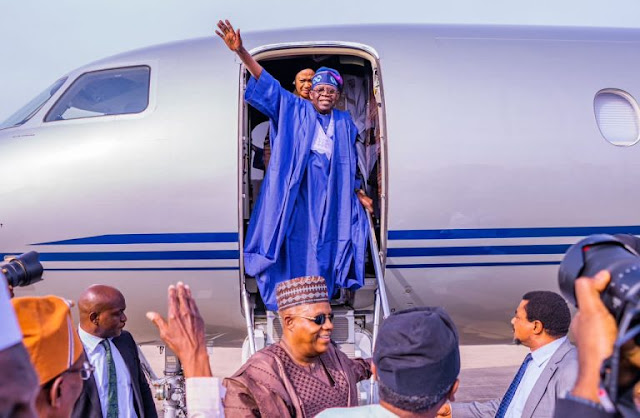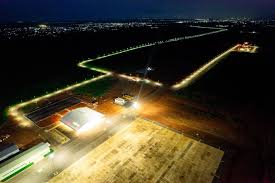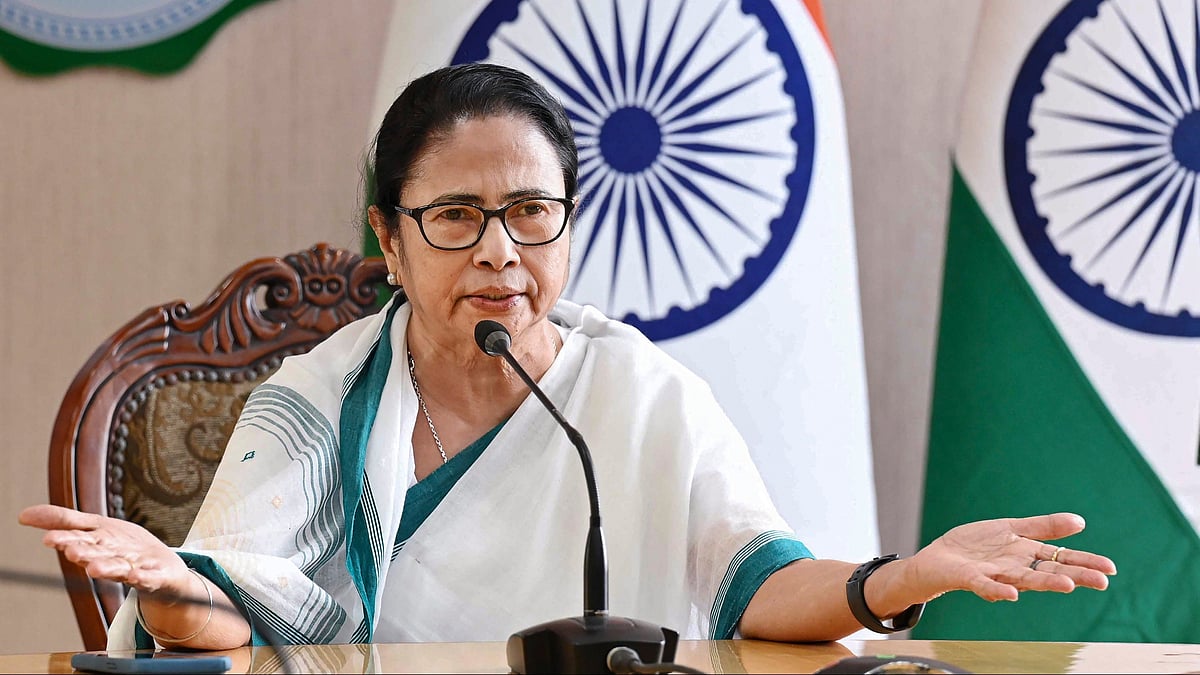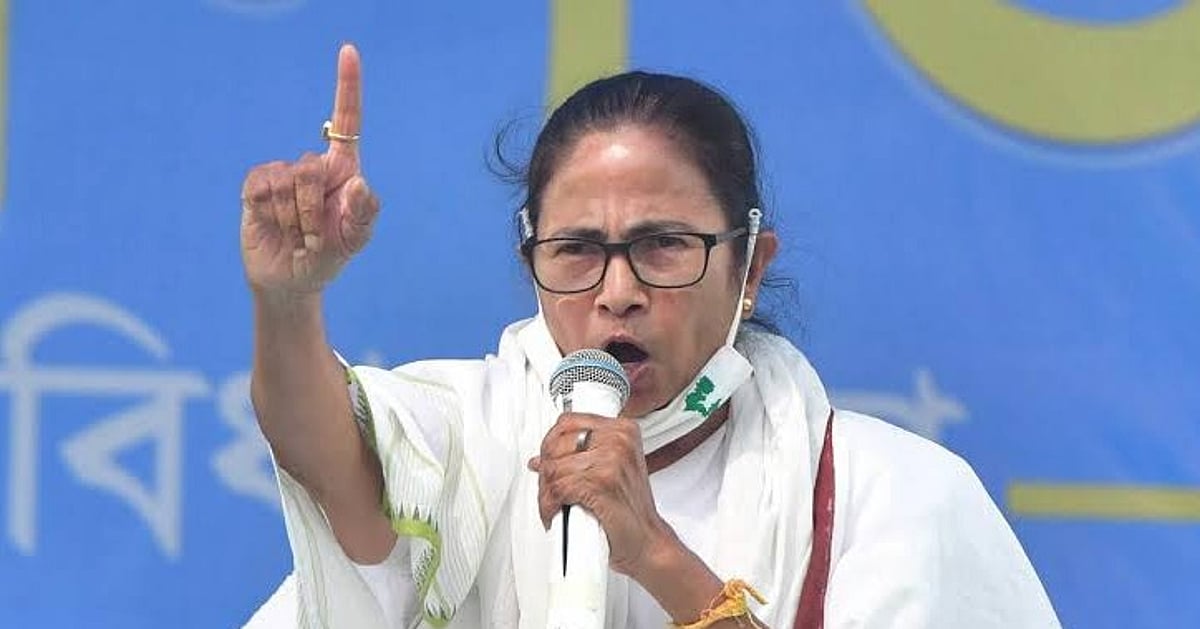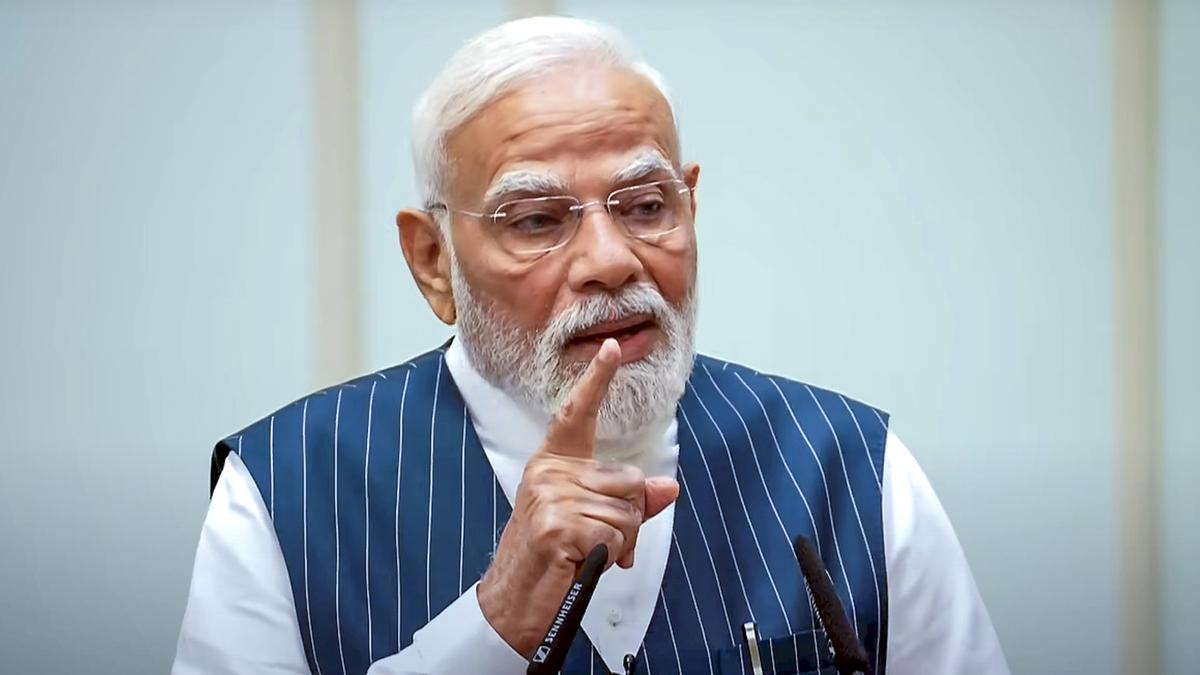On the occasion of his birthday, Boss Mustapha, the former Secretary to the Government of the Federation (SGF) and Chairman of the Presidential Task Force (PTF) on COVID-19, described Nigeria’s global ranking in its response to the COVID-19 pandemic as his “best birthday gift.” This remarkable achievement, as highlighted by Mustapha during a celebratory event, underscores the nation’s resilience, strategic coordination, and collective effort in combating one of the most significant public health crises in modern history. Nigeria’s ability to manage the pandemic, despite its complex socio-economic challenges, has earned it a commendable position on the global stage, reflecting the dedication of its leaders, health workers, and citizens. This article delves into the significance of Nigeria’s COVID-19 global ranking, the role of the PTF under Mustapha’s leadership, and the broader implications for Nigeria’s public health system and national development.
The Context of Nigeria’s COVID-19 Response
When the first case of COVID-19 was confirmed in Nigeria on February 27, 2020, the nation faced an unprecedented challenge. As Africa’s most populous country with over 200 million people, Nigeria’s dense urban centers, limited healthcare infrastructure, and socio-economic disparities posed significant risks for the rapid spread of the virus. The global community watched closely, with many predicting that Nigeria, like other African nations, would struggle to contain the pandemic due to systemic weaknesses in its public health system.
However, Nigeria defied these expectations through a combination of swift government action, strategic coordination, and public compliance. The establishment of the Presidential Task Force on COVID-19 on March 9, 2020, by then-President Muhammadu Buhari was a pivotal step in mobilizing a multi-sectoral response to the crisis. Led by Boss Mustapha, the PTF coordinated efforts across federal and state governments, healthcare institutions, private sector partners, and international organizations to contain the spread of the virus, mitigate its impact, and protect the lives of Nigerians.
By May 4, 2024, Nigeria had recorded 64,884 confirmed cases, 60,936 recoveries, 1,163 deaths, and 2,785 active cases, according to data from the PTF. While these numbers reflect the scale of the challenge, they also highlight Nigeria’s relatively low mortality rate compared to global figures. The World Health Organization (WHO) and other international bodies praised Nigeria for its effective response, particularly in managing testing, contact tracing, and treatment despite limited resources. Mustapha’s reflection on Nigeria’s global ranking as a birthday gift encapsulates the pride and relief felt by many Nigerians, who saw their nation rise to the occasion in the face of adversity.
The Role of the Presidential Task Force on COVID-19
The PTF, under Mustapha’s leadership, was the linchpin of Nigeria’s COVID-19 response. Established to coordinate and oversee the country’s multi-sectoral efforts, the PTF brought together experts, policymakers, and stakeholders to develop and implement strategies tailored to Nigeria’s unique context. Mustapha, known for his meticulous approach and commitment to public service, steered the task force with a focus on transparency, accountability, and inclusivity.
One of the PTF’s key achievements was its ability to rapidly scale up testing and treatment capacity. At the onset of the pandemic, Nigeria’s testing infrastructure was limited, with only a handful of laboratories capable of processing COVID-19 tests. The PTF worked with the Nigeria Centre for Disease Control (NCDC) to establish molecular laboratories across the country, increasing testing capacity from 3,000 tests per day in 2020 to over 2.4 million samples tested by July 2021. This expansion was critical in identifying cases early and preventing widespread community transmission.
The PTF also introduced the Provisional Quarantine Protocol for travelers arriving in Nigeria, particularly from high-risk countries, to curb imported cases. Implementation guidelines for phased restrictions of movement, such as lockdowns and curfews, were carefully calibrated to balance public health needs with economic realities. These measures, while disruptive, helped slow the spread of the virus during the critical early stages of the pandemic.
Mustapha’s leadership was instrumental in fostering collaboration between federal and state governments. The PTF worked closely with state governors to ensure that isolation centers, treatment facilities, and oxygen supplies were available across the country. The certification of National Youth Service Corps (NYSC) orientation camps as COVID-19 compliant was another innovative step, enabling the safe resumption of national service activities.
Public communication was a cornerstone of the PTF’s strategy. Through regular briefings, Mustapha and other PTF members, including Dr. Sani Aliyu, the National Coordinator, provided updates on the pandemic’s status, dispelled misinformation, and encouraged compliance with safety protocols such as mask-wearing, physical distancing, and hand hygiene. These efforts helped build public trust and fostered a sense of collective responsibility.
Nigeria’s Global Ranking: A Testament to Resilience
Nigeria’s global ranking in its COVID-19 response, as celebrated by Mustapha, is a testament to the nation’s resilience and strategic foresight. While exact rankings vary depending on metrics used by international organizations, Nigeria consistently performed better than many countries with more advanced healthcare systems. The country’s low mortality rate, with only 1,163 deaths out of 64,884 confirmed cases by May 2024, stands in stark contrast to nations that recorded significantly higher fatalities.
Several factors contributed to this success. First, Nigeria’s relatively young population, with a median age of 18, likely reduced the severity of outcomes, as COVID-19 disproportionately affected older individuals. Second, the country’s experience with previous outbreaks, such as the 2014 Ebola epidemic, provided valuable lessons in contact tracing, community engagement, and rapid response. Third, the PTF’s proactive measures, including early lockdowns and targeted interventions, prevented the healthcare system from being overwhelmed.
Mustapha himself highlighted the low mortality rate as a cause for gratitude, noting that Nigerians should “continue to thank God” for the country’s ability to manage the crisis effectively. This sentiment was echoed by health experts, who attributed Nigeria’s success to a combination of public health measures and socio-cultural factors, such as community solidarity and adherence to traditional practices like handwashing.
However, Nigeria’s success was not without challenges. The rapid spread of the Delta variant in 2021 led to a third wave, with 444 new infections and 11 deaths reported on a single day in August 2021. By July 27, 2021, the NCDC recorded 404 additional cases, signaling a surge driven by the highly transmissible variant. These spikes underscored the unpredictability of the virus, as Mustapha noted in a separate statement, emphasizing that the pandemic was “still with us” and its future trajectory was difficult to predict.
Challenges in Nigeria’s COVID-19 Response
Despite its achievements, Nigeria’s response to COVID-19 faced significant hurdles. The country’s healthcare system, already strained by years of underinvestment, struggled to meet the demands of the pandemic. With only 3,000 tests conducted daily in the early stages, Nigeria lagged behind countries like South Africa, which had a smaller population but higher testing capacity. The lack of basic infrastructure, such as roads and clinics, further complicated testing and treatment efforts in rural areas.
Economic challenges also posed a significant barrier. The lockdown measures implemented in 2020, while necessary to curb the virus, caused severe economic disruption, particularly for informal workers who constitute a large portion of Nigeria’s workforce. The PTF faced the delicate task of balancing public health measures with the need to mitigate economic hardship. Initiatives such as the distribution of palliatives by the Federal Ministry of Humanitarian Affairs, Disaster Management, and Social Development aimed to address this, but logistical challenges limited their reach.
Public health fatigue and vaccine hesitancy also emerged as challenges. As the pandemic progressed, compliance with safety protocols waned, particularly during the third and fourth waves driven by the Delta variant. The strike by resident doctors in August 2021 over unpaid allowances further complicated the response, exacerbating the strain on healthcare facilities. Additionally, misinformation about vaccines hindered immunization efforts, despite the NCDC’s campaigns to promote vaccination.
Boss Mustapha’s Leadership Legacy
As the Chairman of the PTF, Boss Mustapha played a central role in navigating these challenges. His ability to coordinate a diverse group of stakeholders, from health experts to state governors, was critical to Nigeria’s success. Mustapha’s emphasis on data-driven decision-making, regular communication, and collaboration with international partners, such as the WHO and the African Union, strengthened Nigeria’s response.
His leadership also extended beyond the PTF. As SGF, Mustapha was a key figure in the Buhari administration, overseeing policy coordination and implementation across various sectors. His experience in public administration and his reputation for integrity made him a trusted leader during the crisis. The global recognition of Nigeria’s COVID-19 response, as celebrated on his birthday, is a personal and professional milestone that reflects his dedication to public service.
Mustapha’s remarks about the global ranking as his “best birthday gift” highlight the emotional and symbolic significance of this achievement. For a nation often criticized for governance challenges, Nigeria’s ability to manage a global pandemic effectively was a source of pride and a reminder of its potential. Mustapha’s gratitude extended to the healthcare workers, security personnel, and citizens who played a role in this success, emphasizing that it was a collective effort.
Broader Implications for Nigeria’s Public Health System
Nigeria’s COVID-19 response has far-reaching implications for its public health system and national development. The pandemic exposed both the strengths and weaknesses of the healthcare system, highlighting the need for sustained investment in infrastructure, training, and research. The NCDC’s efforts to establish molecular laboratories, infectious disease treatment centers, and public health emergency operation centers across all states marked a significant step forward.
The pandemic also underscored the importance of political commitment to health security. The unprecedented level of political will demonstrated during the COVID-19 response, as noted by the NCDC, provided opportunities to prioritize health on the national agenda. Investments in critical care equipment, such as dialysis machines, and the training of over 40,000 health workers on infection prevention and control have strengthened Nigeria’s capacity to respond to future health emergencies.
Moreover, the digitalization of the country’s infectious disease surveillance system has improved Nigeria’s ability to detect and respond to outbreaks in real time. These advancements, catalyzed by the COVID-19 response, position Nigeria to better manage other infectious diseases, such as cholera and Lassa fever, which continue to pose challenges.
The Path Forward: Sustaining the Gains
While Nigeria’s global ranking in its COVID-19 response is a cause for celebration, sustaining these gains requires ongoing effort. The government must continue to invest in healthcare infrastructure, particularly in rural areas, to ensure equitable access to services. Strengthening primary healthcare centers, as initiated during the pandemic, will be critical to addressing both infectious and non-communicable diseases.
Public education campaigns must also be intensified to combat vaccine hesitancy and misinformation. The NCDC’s efforts to promote vaccination coverage, as highlighted in studies from 2024, indicate progress, but more work is needed to reach herd immunity. Engaging community leaders and leveraging digital platforms can help build trust and encourage compliance with public health measures.
Economic recovery remains a priority, as the pandemic’s socio-economic impact lingers. The government’s focus on diversifying the economy, as outlined in President Tinubu’s Renewed Hope Agenda, aligns with the need to create jobs and reduce poverty, which were exacerbated by the pandemic. Kogi State’s transformation under Governor Ododo, as noted in related developments, serves as a model for how subnational governments can contribute to national recovery efforts.
Conclusion: A Legacy of Hope and Resilience
Boss Mustapha’s celebration of Nigeria’s COVID-19 global ranking as his “best birthday gift” encapsulates the pride and hope that this achievement represents for the nation. Under his leadership, the PTF navigated unprecedented challenges, from limited testing capacity to economic disruptions, to position Nigeria as a success story in the global fight against COVID-19. The country’s low mortality rate, effective coordination, and strategic investments in healthcare infrastructure reflect the resilience and determination of its people and leaders.
As Nigeria moves forward, the lessons learned from the pandemic must guide its path. The investments in healthcare, surveillance, and human capital development provide a foundation for building a stronger, more resilient public health system. By sustaining these gains and addressing ongoing challenges, Nigeria can continue to defy expectations and emerge as a leader in global health security.
Mustapha’s legacy, intertwined with Nigeria’s COVID-19 response, is a reminder that even in the face of adversity, collective effort and visionary leadership can yield remarkable results. As the nation celebrates this milestone, it must remain committed to the principles of resilience, collaboration, and hope that defined its response to one of the greatest challenges of our time.


